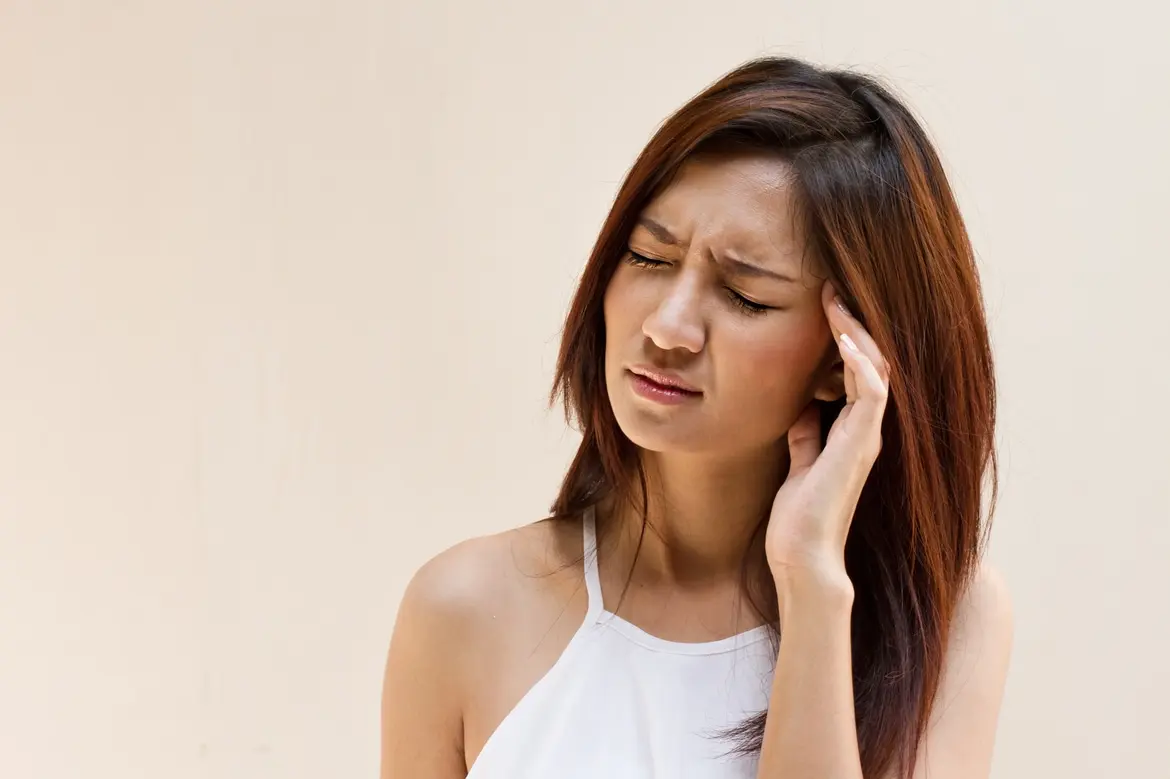Dr Chan Ping Wah Kenneth
Respiratory Physician


Source: Shutterstock
Respiratory Physician
Heat exhaustion is a heat-related illness due to the body overheating. It is usually caused by over-exposure to exceptionally hot conditions, especially in the presence of high humidity and intense physical activity.
An individual suffering heat exhaustion may complain of nausea, dizziness and muscle cramps. He may appear to be profusely sweating and be mildly disorientated. His heartbeat may be very fast and he may have a weak pulse.
If you're feeling unwell, always consult a doctor for advice.
Heat exhaustion, is thankfully, quite uncommon in Singapore. This is due to a relatively constant temperature and humidity year round. Hence, most Singaporean residents know how to take appropriate precautions. Individuals who are most at risk are those needing to perform heavy physical activity outdoors. These include construction workers, military personnel, and sportsmen and women.
Yes, children below aged 4 and adults above age 65 are more prone. This is because their bodies do not handle heat as well as other healthy adults. In addition, they may not be independent enough to move to a cooler place or drink fluids to keep themselves hydrated.
No, that is not true.
If left unchecked, heat exhaustion could lead to heat stroke. This is a life-threatening heat-related illness due to the body overheating. Seizures, brain injury, multiple organ failure and even death could ensue.
An individual suffering heat exhaustion may complain of nausea, dizziness and muscle cramps. He may appear to be profusely sweating and be mildly disorientated. His heartbeat may be very fast and he may have a weak pulse.
Immediate treatment involves moving to a cool and shady place. Better yet, move the person into an indoor location which is air-conditioned. Drink plenty of fluids and remove any tight fitting or unnecessary clothing. Additional cooling measures which are helpful include fans, ice towels, cold shower or bath.
Prevention is best. On a hot day, wear a hat and sunscreen (SPF30). Keep well-hydrated.
For sportsmen and women, it is recommended that they consume 250mL of fluid every 20 minutes, regardless if they feel thirsty. Before the physical activity, drink at least half a litre of fluids an hour before. If they feel unwell or have symptoms suggestive of heat exhaustion, they should discontinue that activity and consult a doctor for an appropriate treatment.